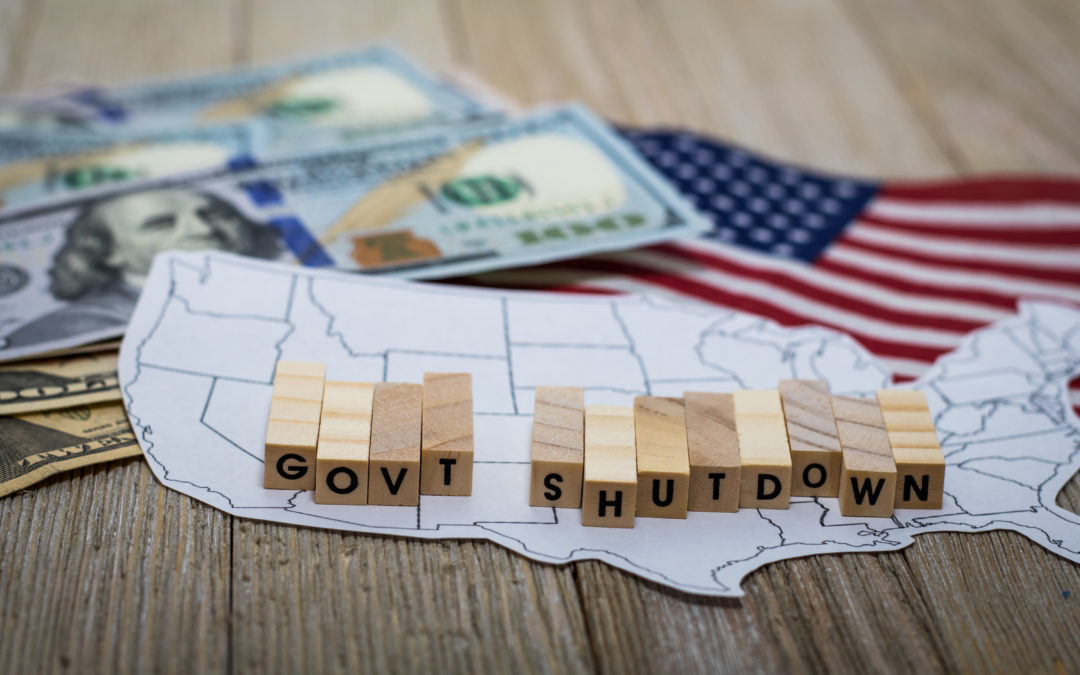When U.S. legislators failed to find common ground earlier this year, the resulting government shutdown sent shockwaves throughout the country’s business and financial markets, impacting on-the-table deals. While private funding rounds over $100 million proceeded with more than $6 billion raised in January the shutdown’s impact was less than ideal for would-be IPOs, according to Rohit Kulkarni in his Jan. 30 article for Forbes. Many young, up-and-coming companies vying for private equity and venture capital-backed funding, especially those counting on taking advantage of the early 2019 IPO window, were disappointed after the somewhat unpredictable shutdown caused time lags that forced deals to dwindle on the vine.
In fact, some may call the (arguably avoidable) 35-day stalemate between partisan legislators downright tragic for IPO hopefuls. Experts are sharing less than savory predictions for unicorn IPO activity in 2019. Only 14 percent of SharesPost’s 3rd Annual Investor Sentiment Survey respondents believe unicorn IPO activity will match those in 2018, and 50 percent believe that the activity will be lower than last year.
Why have IPOs beared the brunt of the shutdown’s burden?
The shutdown begot major staffing problems at both the Federal Trade Commission and Justice Department. Federal law mandates both agencies review and approve deals valued over $84 million. Because of the shutdown-resulting furloughs and understaffing, deal reviews were put off far longer than normal—nearly 30 days, as opposed to the 10-14 day review windows that were typical in the past.
Staffing issues at the IRS also impacted the speed with which deals closed. Again, furloughs and short staffing were to blame for delays in issuing tax identification numbers. Deferred tax IDs had a domino-like effect in their hindrance of the opening of corporate bank accounts. This meant the time between negotiating and closing deals was increasingly tight. Delays of any kind are problematic for aspiring IPOs, especially in today’s market where buyers are more reluctant than they’ve been in months past to finance deals at all. Delays give parties more time to think, and thinking often results in demands for renegotiated terms. And when that happens, the foreseeability of deals closing at all becomes opaque at best…which is where many IPOs are finding themselves now. Read more about the slowed IPO market in Pensions & Investments.
Zooming out quickly from IPOs and looking more holistically at the market, most experts believe that though the shutdown and other government-centric factors—including concerns around tariffs, midterm elections and the steady erosion of the Federal Reserve’s independent operations—impacted earnings in the last two quarters. In their Q1 2019 Economic and Market Perspective investment newsletter, Boston Private noted that only one sector, utilities, posted positive returns during 2018’s fourth quarter, largely because of the U.S. equity market’s sharp shift away from risk. After declines throughout the last quarter in 2018, only three sectors—utilities, health care and consumer discretionary—finished the year with gains. That said, the firm predicts equities will post moderate positive returns in 2019, but has identified companies “with lower leverage and defensible business models…to insulate portfolios from further volatility.”

